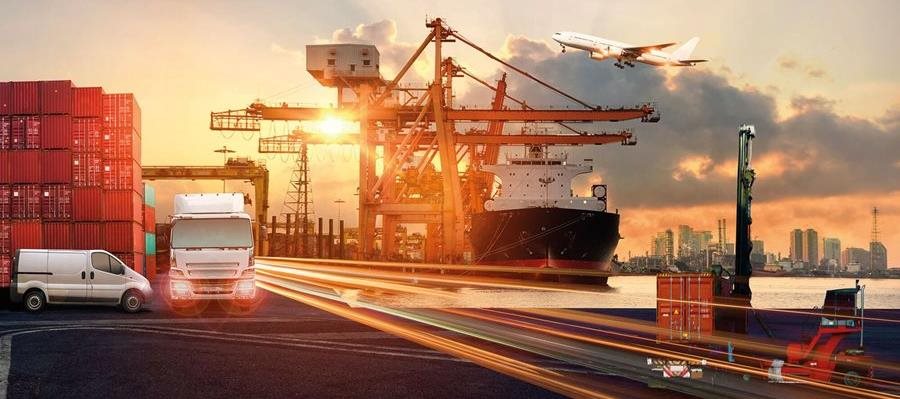🕒 Article read time: 6 minutes
Key campaigns - March 2020

By identifying the key campaigns to focus on – taxation and UK-EU trade – FTA continues to champion the issues which mean the most to you, our members.
TAXATION
Transport taxation, infrastructure investment and skills are key campaign areas for FTA ahead of the 2020 Budget. In FTA’s formal submission it called for HM Treasury to play close attention to each of these areas, which are critical both to the UK economy and to the freight and logistics sector. FTA believes that fuel taxation is one of the most critical subjects and has called on the government to cut Fuel Duty by three pence per litre. FTA presents a clear case that money to the government will increase if Fuel Duty is reduced, whereas money to the government will reduce if Fuel Duty increases.
As part of its campaign, FTA works with its partner FairFuelUK to raise the profile of cutting Fuel Duty amongst political stakeholders across Westminster and Whitehall to ensure they understand the implications of Fuel Duty on freight. FTA is also calling on government to review our evidence that increasing tax on diesel or eliminating the use of red diesel will reduce the take-up of more environmentally-friendly commercial vehicles and how a wider range of duty differentials is likely to be more successful.
FTA continues to press government to reconfirm its commitment to rail and road infrastructure improvements into the 2020s and protect the role of freight-related improvements in rail spending. Whilst the funding for improvements is important, maintenance of the existing network must not be overlooked and FTA is calling on government to provide more funds for this area. FTA believes that the economic benefits of high-quality maintenance should be fully assessed as this could offer government value for money.
Following the implementation of the Apprenticeship Levy in April 2017, FTA has been calling on government to reform the Levy to make it a Skills Levy. Our Budget submission makes clear that by opening up the Levy to more forms of training and workers, it would ensure the upskilling of the UK’s workforce is as wide as possible and suits all business needs.
Find out more about FTA's Budget submission: ★www.fta.co.uk/campaigns/taxation
KEEPING THE UK & EU TRADING
The UK and the EU are important trading partners and will continue to be due to the interconnectedness of their supply chains, geographical proximity and the economic value of trade between them. Reaching an ambitious trade agreement is therefore essential for industry on both sides of the border. In preparation for the start of trade negotiations between the UK and the EU at the beginning of March, FTA has adopted a document outlining its priorities for the future relationship:
• Engage with logistics from the start: new trading and transport provisions need to be developed and tested in close collaboration with industry to ensure that they work in practice. While logistics is by definition an agile industry, companies need to have early clarity on operational requirements and new processes so they have enough time to implement them.
• Minimise frictions, red tape and costs for industry: Trade facilitation measures can help reduce additional requirements and red tape for traders and their logistics providers, even though the UK is outside the EU’s Single Market and Customs Union. Key priorities include a safety and security agreement, removing the need for entry and exit summary declarations, a Sanitary and Phytosanitary (SPS) agreement removing the need for physical checks on agri-food products and other plant products and products of animal origin or at least dramatically reducing their number, as in the EU-New Zealand SPS agreement, and transparent and not overly complex preferential rules of origin, allowing where possible for diagonal cumulation.
• Mitigate the risk of disruptions at the borders by reducing the need for physical checks, which should take place away from the border whenever possible.
• Provide training and support capacity building, in particular to overcome the shortage of customs agents in the UK and support both experienced and new international traders (ie, companies which have never traded outside of the EU before).
• Maintain road, air and rail freight connectivity for the benefit of both buyers of transport and operators.
• Preserve essential staff mobility including of transport workers and ensure immigration checks do not constitute a disrupting factor for trade flows.
These priorities have been shared with UK and EU authorities and will be expanded upon following discussions at freight and modal council meetings.
★www.fta.co.uk/brexit
Published On: 02/03/2020 10:21:11

Comments Section
If you are a Logistics UK member login to add comments.